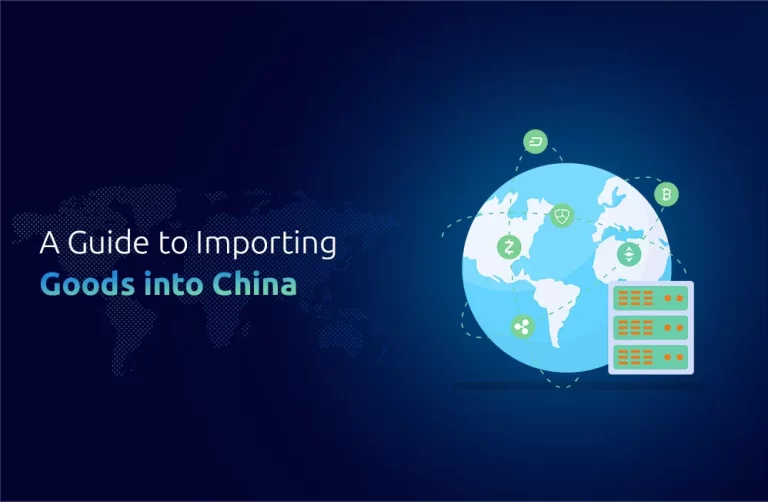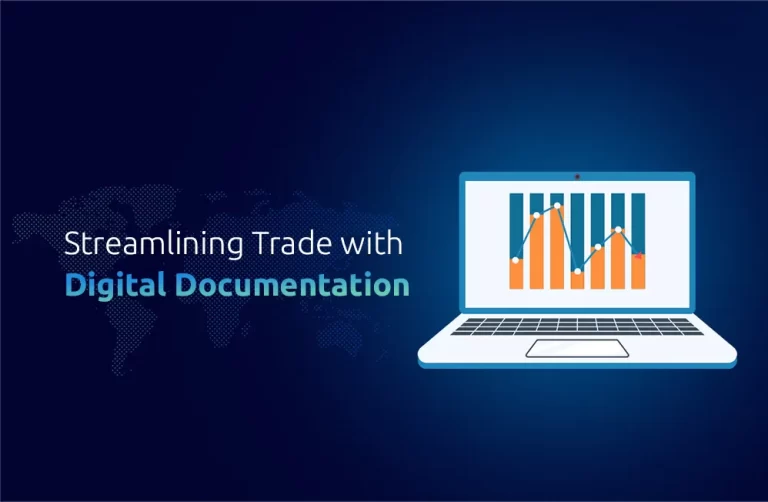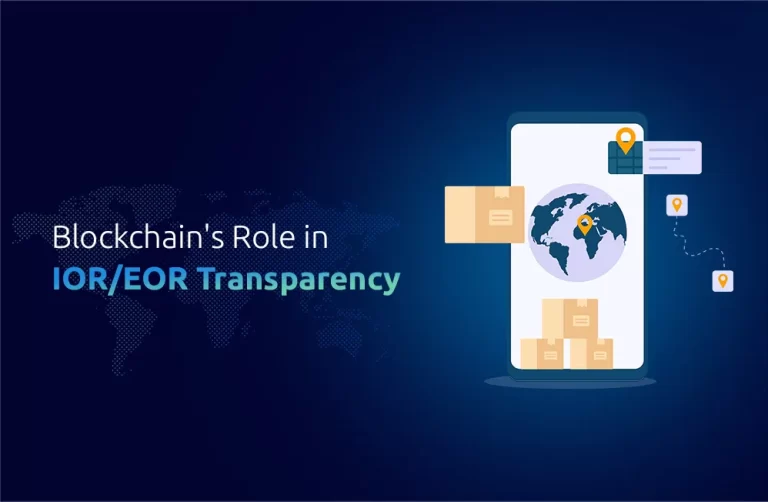Why is an Exporter of Record Important?
An Exporter of Record (EOR) is essential in managing the export process by assuring all shipments are properly documented and accounted for, such as reviewing customs declarations, keeping accurate records, and applying correct tariff classifications. An EOR helps businesses overcome complex legal and logistical hurdles to access international markets more easily; moreover, their services help industries regulated strictly, such as healthcare or aviation, remain compliant with local standards, thus helping reduce delays or penalties associated with delivery delays or penalties.
Customs Procedures for Exporting Goods in Rwanda
Documentation Requirements:
Export Permit:
- A mandatory document certifying that the exported goods comply with Rwandan laws and international agreement
- Acts as legal authorization for the exportation process.
- Invoice:
- Must include a detailed description, quantity, and value of the goods essential transported.
- Serves as both a commercial document and proof of the transaction.
Responsibilities of the Rwanda Revenue Authority (RRA):
- The RRA oversees customs procedures, ensuring smooth and compliant exports.
- Exporters must submit their export plans and documentation electronically through the Rwanda Electronic Single Window system.
- This online platform enables efficient document processing and provides real-time updates.
- Reduces wait times at customs checkpoints, streamlining the overall export process.
Pre-Export Inspections:
- Inspections are essential to verify compliance with safety, quality, and sanitary standards set by relevant Officials.
- These checks that exported goods meet international trade requirements, avoiding delays or rejections at the destination.
Compliance Checks:
- Auditing of documents and verification of export declarations is conducted before goods leave Rwanda.
- These steps maintain trade integrity and help exporters avoid potential penalties for non-compliance.
Benefits of Adherence:
- Make sure that the smooth export process aligns with industry standards and regulations.
- Reduce risks such as fines, delays, or rejection of goods at international borders.
- Enhances trust and credibility in global trade partnerships.
When Do You Need an EOR?
Navigating Complex Regulations
When your business lacks the in-house expertise to manage international trade regulations and compliance requirements.
Expanding into New Markets
For businesses entering into unfamiliar markets, an EOR ensures a seamless process by managing all export-related responsibilities.
Handling High-Value or Sensitive Goods
Industries like Tech and Medical often deal with sensitive equipment. An EOR ensures these goods are exported without legal or logistical hurdles.
Utilizing Tariff Benefits
Programs like the Generalized System of Preferences (GSP) offer tariff reductions, but only when compliance is met. An EOR ensures businesses leverage these benefits effectively.
Key Benefits of Partnering with One Union Solutions
- Seamless Compliance
From managing the HS Code to meeting destination country regulations, we handle all aspects of compliance.
- Streamlined Logistics
Our expertise in DAP and DAPS deliveries ensures goods reach their destination without disruptions.
- Global Presence
With a network spanning 170+ countries, we bring local expertise to global trade challenges.
- Risk Mitigation
By managing your export of record responsibilities, we minimize the risk of fines, delays, or
penalties.
Conclusion
Exporting from Rwanda presents unique opportunities and challenges. By partnering with One Union Solutions, businesses can simplify their export processes, ensure compliance, and focus on expanding their operations. Whether you operate in the Tech, Medical, Automotive, or Aviation sectors, our dependable EOR services provide the expertise and support you need to succeed.
Did You Know?
Government spending contributed 15%, while investments in infrastructure and capital goods made up 19% of GDP. Notably, exports of goods and services increased by 30%, while imports rose by 8%, showing strong international demand for Rwandan products.








